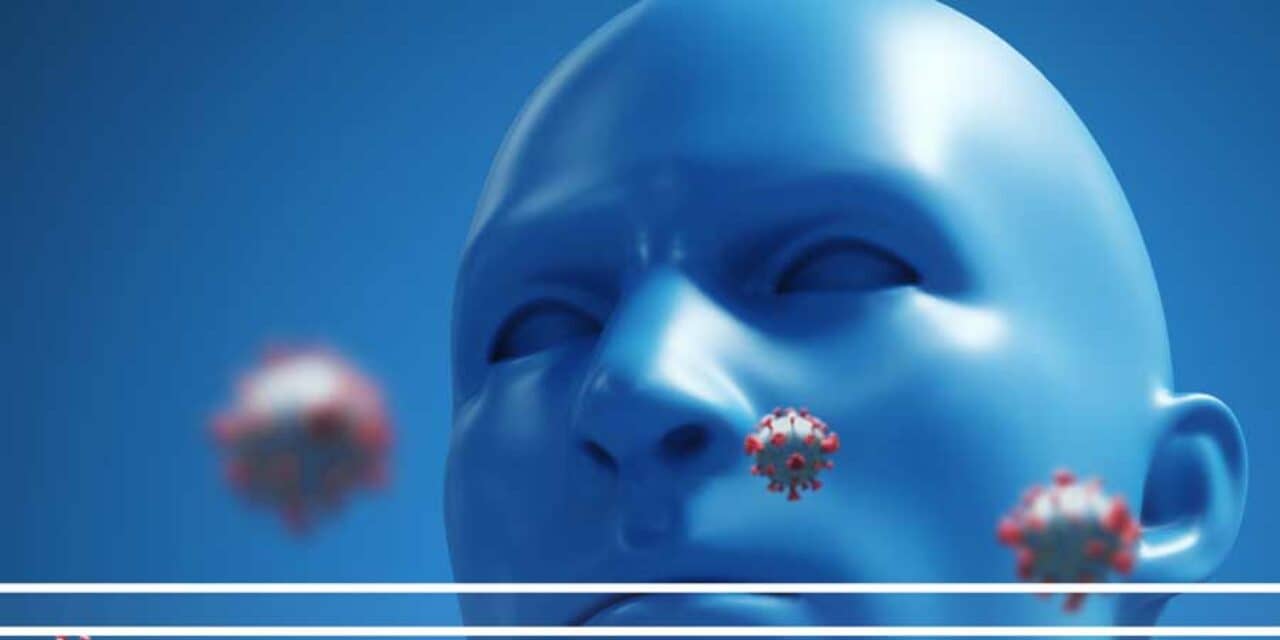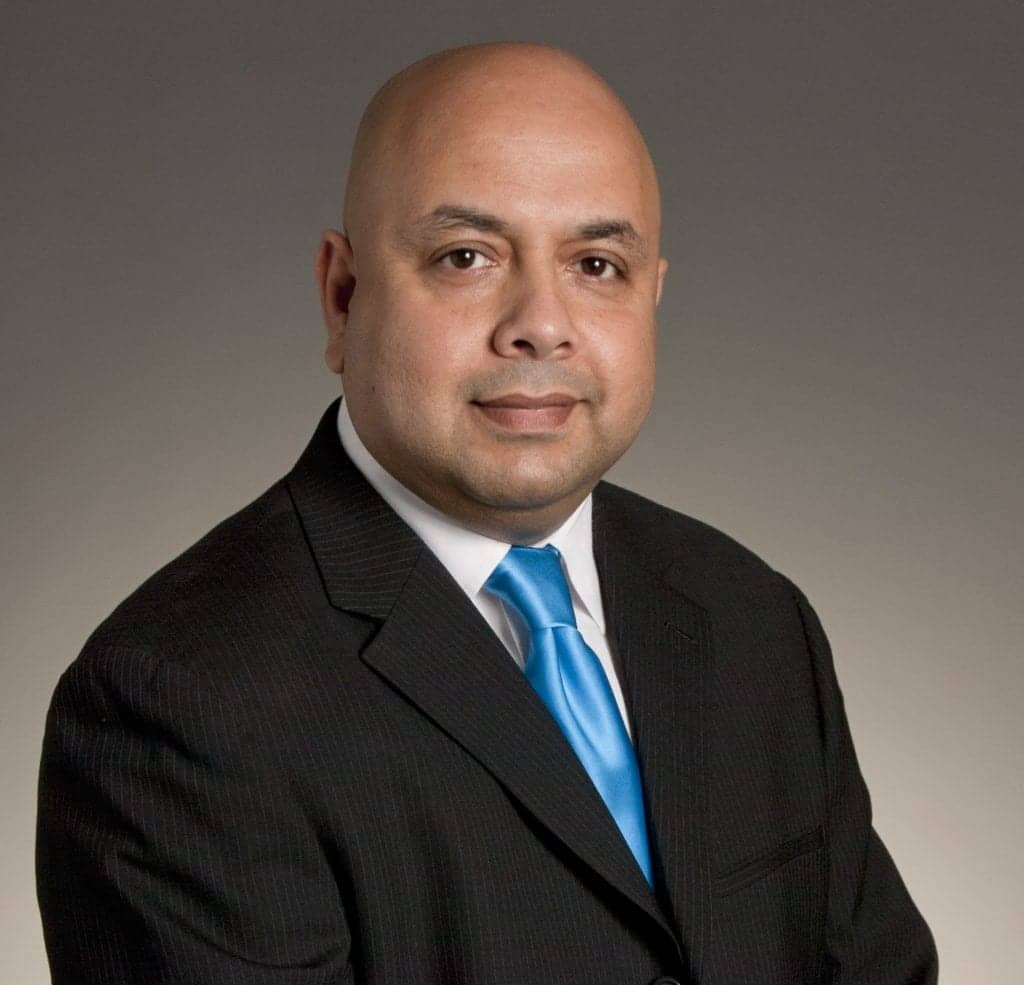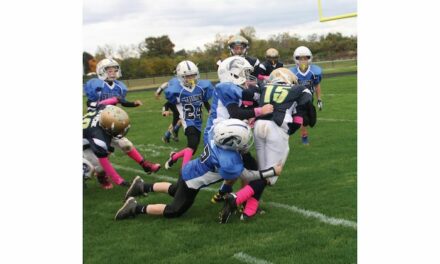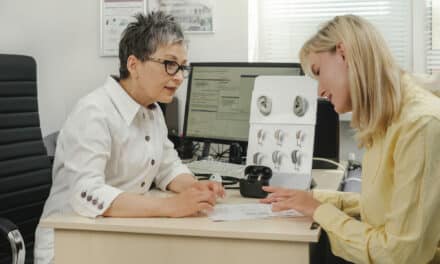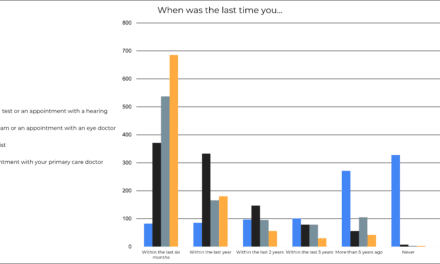Patient Management | September 2021 Hearing Review
While still early, research points to a possible negative effect of COVID-19 on the ear.
By Matthew Kelley, AuD, and Sugata Bhattacharjee, AuD
Research into the association between COVID-19 and hearing-related symptoms is still in the early phases. Fortunately, our knowledge of the audiovestibular system continues to grow alongside with our understanding of COVID-19. Our ability to treat any potential symptoms related to the ear involves science that has been around for decades. As we continue to live with this virus, we will be able to mitigate the negative consequences related to hearing loss.
For the past year—both personally and professionally—we have all been focused on dealing with the COVID-19 pandemic. If you’re like most hearing care professionals, you have encountered patients who have contracted and survived the effects of the SARS-CoV-2 virus (COVID-19). In May, the Centers for Disease Control (CDC) estimated that 120.2 million in the United States had been infected by the virus, with 6.2 million hospitalizations and 767,000 deaths.1
The pandemic has affected our lifestyle, behavior, and habits, and its side effects have the potential to instill lasting effects on our health. This article presents a brief summary of research concerning how the COVID-19 virus might affect hearing and balance. Of all the symptoms caused by the SARS-CoV-2 virus (COVID-19), hearing loss is not one often talked about but poses a great threat to the economy and quality of life. Although scientific evidence is still being assessed, numerous studies one-and-a-half years after the pandemic became internationally recognized, appear to implicate the COVID-19 virus on negative effects in the audiovestibular system (eg, hearing loss, tinnitus, and/or vertigo).
The unfortunate consequence of such a contagious disease is no shortage of cases to evaluate and study. According to the World Health Organization (WHO), in May 2021, there were over 162 million survivors of COVID-19.2 Symptoms that might not be at the top of the list are still affecting millions of people; a symptom that only affects 5% of those survivors means that there are over 8 million people who may need treatment for that problem. The impact of untreated hearing loss on health, education, and productivity is estimated to cost $750 billion annually2 and COVID-19 has the potential to significantly increase this number.
There are no reports of audiovestibular symptoms from earlier types of coronaviruses, including Severe Acute Respiratory Syndrome (SARS) and Middle East Respiratory Syndrome (MERS); however, these symptoms appear to be prevalent in those who have been diagnosed with COVID-19. Of patients requiring hospitalization from COVID-19, 13% reported a change in hearing and/or tinnitus status lasting weeks after discharge.3 The most common symptoms—earaches, vertigo, and dizziness—can last up to 8 weeks.4
There are many case reports of sudden sensorineural hearing loss (SSNHL) in patients with COVID-19.5-10 The pattern of audiological symptoms in these cases are similar to typical SSNHL: unilateral hearing loss of over 30 dB accompanied by tinnitus.7 The incidence of SSNHL is extremely rare—about 5-20 people out of 100,0008—and there have been conflicting outcomes in small studies attempting to observe a change in the incidence of SSNHL since the pandemic began.9,10
Nevertheless, despite the challenge in observing its effects, the potential for COVID-19 causing insult to the audiovestibular system exists. There have been several pathophysiological processes proposed regarding how audiovestibular disorders are caused by COVID-19. Viral involvement can cause cochleitis or neuritis of the inner ear or auditory nerve. Antibodies or T-cells could damage the ear if they mischaracterized inner ear antigens as the virus.11 Sudden hearing loss may also be a result of cochlear ischemia or hypoxia, due to the cardiovascular abnormalities associated with COVID-19.12 Finally, the virus may trigger immune-mediated inflammation that causes hearing loss, such as inflammation of the meninges.13
Recently, Almufarrij and Munro12 published a systematic review of 30 case studies of hearing loss as a symptom of COVID-19 and estimated the prevalence of hearing loss to be 7.6%. With over 162 million survivors worldwide, this would imply over 12 million people could be living with a reduced hearing status after diagnosis. The case studies in their review involved hearing losses of sensorineural, conductive, and mixed etiologies that were both bilateral and unilateral, suggesting hearing care professionals should be particularly vigilant in testing for all types of hearing loss when a patient’s history involves past infection by COVID-19.
There have been a handful of COVID-19 case studies that included a battery of audiological tests and did not report worse pure-tone thresholds when compared to controls.13,14 However, Daikhes et al13 found amplitudes of transient evoked otoacoustic emissions (TEOAE) were significantly lower in the COVID-19 population. The TEOAE test provides information on the motility of outer hair cells (OHC), and dysfunction of the OHC is commonly associated with tinnitus.15 In addition to hearing loss, it appears that tinnitus may also be exacerbated by COVID-19.16 More research is needed on the potential link between COVID-19 and OHC function, as well as whether COVID-19 is causing the tinnitus or exacerbating an existing condition.
In most studies of audiovestibular dysfunction and COVID-19, tinnitus is not well defined but has been described as non-pulsatile, white noise, or specific to certain frequencies, intermittent, or continuous. Some outlier studies17 have shown the prevalence of tinnitus as a COVID-19 symptom to be as high as 60%, although Almufarrij and Munro’s 2021 systematic review calculated a pooled estimate prevalence of 14.8%.12
Tinnitus often has psychological comorbidities; those who report that their tinnitus is a serious problem are also over 5 times more likely to report anxiety.18 A disease that takes its toll on stress and anxiety levels has the potential to heighten the negative effects of tinnitus for people who have not even contracted the virus. Even worse, tinnitus sufferers document less hours of sleep per night and miss more days of work,18 adding to the economic toll of the pandemic.
Unfortunately, COVID-19’s effect on the audiovestibular system may also include another debilitating symptom: dizziness. Symptoms of dizziness and rotary vertigo appear to be prevalent in patients infected with COVID -19 and can persist throughout recovery. There have been numerous reports of vertigo in the literature, and its prevalence appears to be as low as 3.4% to as high as 7.2% of the population, depending on whether dizziness was also included in conjunction with vertigo as a reported symptom on the study.12
While investigations into the symptoms and pathophysiological mechanisms of COVID-19 continue, experimental life-saving treatments have the potential to add to the insult to the audiovestibular system. Some “treatments” using ototoxic medications, such as hydroxychloroquine and azithromycin, have been used in patients with COVID-19 without proven success.19,20 While azithromycin itself has not been a large concern for ototoxicity, it is documented to cause irreversible SNHL at high dosages,21,22 and experimentation with this drug has the potential to increase the rate of hearing loss in the population.
It’s important to recognize that research into the association between COVID-19 and hearing-related symptoms is still in the early phases. Fortunately, our knowledge of the audiovestibular system continues to grow alongside with our understanding of COVID-19. Our ability to treat any potential symptoms related to the ear involves science that has been around for decades. As we continue to live with this virus, we will be able to mitigate the negative consequences related to hearing loss.
References
- US Centers for Disease Control (CDC) website. Estimated COVID-19 burden. July 27, 2021. https://www.cdc.gov/coronavirus/2019-ncov/cases-updates/burden.html
- Davis AC, Hoffman HJ. Hearing loss: Rising prevalence and impact. Bull World Health Org. 2019;97(10):646-646A.
- Almufarrij I, Uus K, Munro KJ. Does coronavirus affect the audio-vestibular system? A rapid systematic review. Int J Audiol. 2020;59(7):487-491.
- Patient-led Research Collaborative website.Report: What does COVID-19 recovery actually look like? https://patientresearchcovid19.com/research/report-1/. Published May 11, 2020.
- Davis HE, Assaf GS, McCorkell L, et al. Characterizing long COVID in an international cohort: 7 months of symptoms and their impact. EClinicalMedicine. 2021;38:101019.
- Lechien JR, Chiesa-Estomba CM, Place S, et al. Clinical and epidemiological characteristics of 1420 European patients with mild-to-moderate coronavirus disease 2019. J Intern Med. 2020;288(3):335-344.
- Kuhn M, Heman-Ackah SE, Shaikh JA, Roehm PC. Sudden sensorineural hearing loss: A review of diagnosis, treatment, and prognosis. Trends Amplif. 2011;15(3):91-105.
- Fetterman BL, Saunders JE, Luxford WM. Prognosis and treatment of sudden sensorineural hearing loss. Otology & Neurotology.1996;17(4):529-536.
- Chari DA, Parikh A, Kozin ED, Reed M, Jung DH. Impact of COVID-19 on presentation of sudden sensorineural hearing loss at a single institution. Otolaryngol Head Neck Surg. 2021;165(1):163-165.
- Mohammed H, Ahmad N, Banerjee A. Prevalence and management of sudden sensorineural hearing loss during the COVID-19 crisis: How do we do it and our experience in twelve patients. Authorea. August 10, 2020. DOI:10.22541/au.159708962.24339749.
- Lang B, Hintze J, Conlon B. Coronavirus disease 2019 and sudden sensorineural hearing loss. J Laryngol Otol. 2020:1–3. DOI:10.1017/S0022215120002145.
- Almufarrij I, Munro KJ. One year on: An updated systematic review of SARS-CoV-2, COVID-19 and audio-vestibular symptoms. Int J Audiol. 2021;1-11. DOI: https://doi.org/10.1080/14992027.2021.1896793.
- Daikhes NA, Karneeva OV, Machalov AS, et al. Audiologicheskii profil’ patsientov pri zabolevanii, vyzvannom virusom SARS-CoV-2 [Audiological profile of patients with SARS-Co-V-2 PCR-positive cases]. Vestn Otorinolaringol. 2020;85(5):6-11.
- Dror AA, Kassis-Karayanni N, Oved A, et al. Auditory performance in recovered SARS-CoV-2 patients. Otol Neurotol. 2021;42(5):666-670.
- Serra L, Novanta G, Sampaio AL, Oliveira CA, Granjeiro R, Braga SC. The study of otoacoustic emissions and the suppression of otoacoustic emissions in subjects with tinnitus and normal hearing: An insight to tinnitus etiology. Int Arch Otorhinolaryngol. 2015;19(2):171-175.
- Narozny W, Tretiakow D, Skorek A. Tinnitus in COVID-19 pandemic. ENT Jour. 2021 Jun;100[Suppl 3]:197S-198S.
- Savtale S, Hippargekar P, Bhise S, Kothule S. Prevalence of otorhinolaryngological symptoms in Covid-19 patients. Indian J Otolaryngol Head Neck Surg. 2021. DOI:10.1007/s12070-021-02410-
- Bhatt JM, Bhattacharyya N, Lin HW. Relationships between tinnitus and the prevalence of anxiety and depression. Laryngoscope. 2017;127(2):466-469.
- Prayuenyong P, Kasbekar AV, Baguley DM. Clinical implications of chloroquine and hydroxychloroquine ototoxicity for COVID-19 Treatment: A mini-review. Front Public Health. 2020;8:252.
- Oldenburg CE, Pinksy BA, Brogdon J. Effect of oral azithromycin vs placebo on COVID-19 symptoms in outpatients with SARS-CoV-2 infection: A randomized clinical trial. JAMA. 2021;326(6):490-498.
- Brown BA, Griffith DE, Girard W, Levin J, Wallace RJ Jr. Relationship of adverse events to serum drug levels in patients receiving high-dose azithromycin for mycobacterial lung disease. Clin Infect Dis. 1997;24(5):958-964.
- Ress BD, Gross EM. Irreversible sensorineural hearing loss as a result of azithromycin ototoxicity. A case report. Ann Otol Rhinol Laryngol. 2000;109(4):435-437.
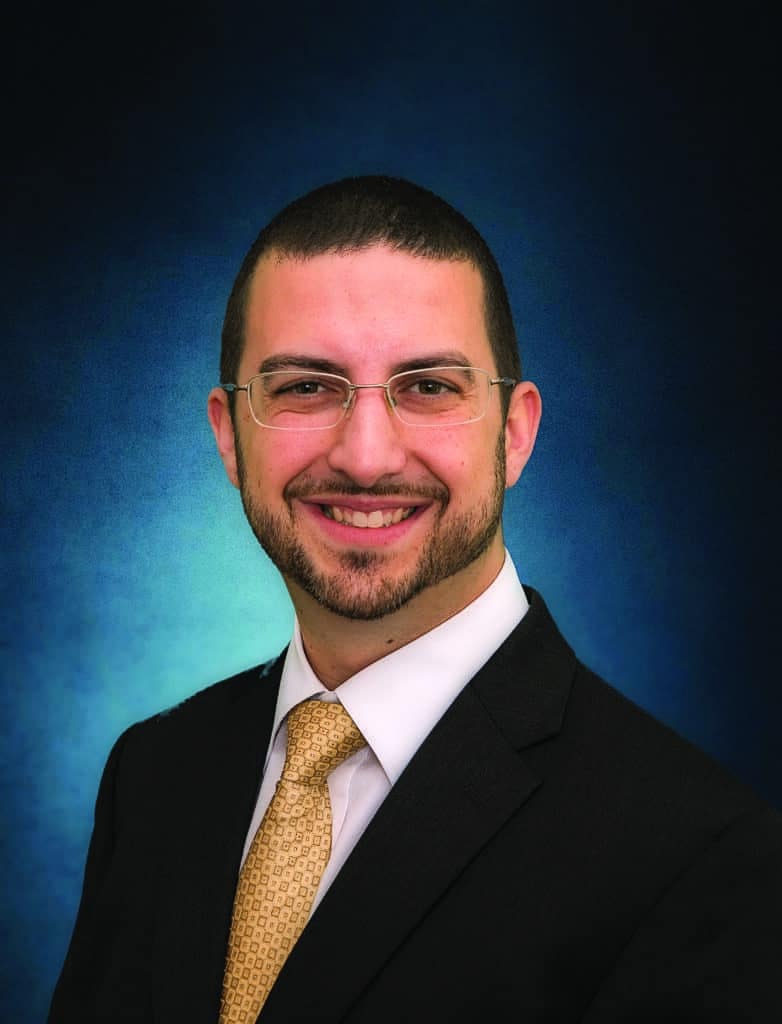
About the authors: Mathew Kelley, AuD, is Audiology Manager at ENT Surgeons of Western New England in Springfield, Mass, and Sugata Bhattacharjee, AuD, is Consultant Audiologist at the Hearing Center of Southern Connecticut, LLC, in New Haven, Conn, and for Starkey Laboratories in Eden Prairie, Minn. He is also an Editorial Advisory Board member of The Hearing Review and the Past International Chair at the American Academy of Audiology (AAA).
CORRESPONDENCE can be addressed to Dr Bhattacharjee at: [email protected].

